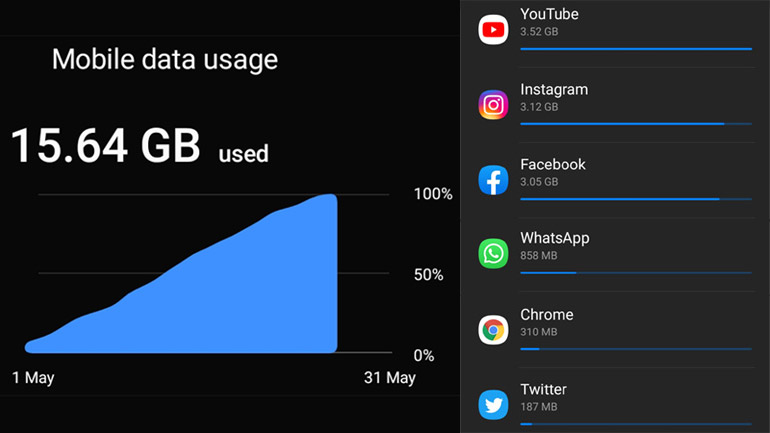
Before knowing about the difference between On-Premise PBX, VoIP, and Hosted VoIP, we will tell you about them. Read along to grab the idea of these words and their difference.
What is VoIP?
First, we’ll look at VoIP stands for Voice over Internet Protocol, which refers to a VoIP-based phone system or a network architecture that allows voice-based phone calls to be made over the internet rather than through a local office phone system. Until the 1980s, phone calls were routed through the Public Switched Telephone Network (PSTN), built using copper wiring and switches.
What is On-Premise PBX?
In most cases, businesses have a PBX on-site. This means that all of your telephones are connected to a physical box-on-the-wall. Instead of a physical box on the wall, a hosted PBX leverages the cloud. This can significantly lower your company’s operating costs.
What is Hosted VoIP?
Hosted VoIP is an internet-based telephony communication service that a third-party provider offers and manages for a business or client entity. These services are excellent for small organizations searching for a cost-effective and unified communication solution.
The Differences between On-Premise PBX, VoIP, and Hosted VoIP Phone Systems
Premise PBX
An on-premise PBX is installed on company-owned servers and, if desired, maintained wholly by the company. The company must either have the required infrastructure in place, such as servers, networks, devices, etc. or incorporate this into their budget for this type of installation.
On-premise PBXs are better suited to larger businesses with the infrastructure and resources to maintain and administer the phone system and those working in industries that demand stringent security and confidentiality.
On-premise PBX provides the advantage of giving the end-user more control over their phone system. Large enterprises with the equipment, bandwidth, and network configuration needed to host their phone system, unified communications platform, and VoIP are ideal candidates. For simple actions like adding extensions, you don’t require the help of a third-party PBX supplier.
The end-user has complete control over the phone system’s data and settings. The PBX reseller can still provide third-party support and maintenance if the user desires.
VoIP
The fundamental reason for VoIP’s popularity is that it allows users to make phone calls without using a phone line, saving money on long-distance calls. You may be able to avoid the installation of additional copper lines if you have an internet connection.
This is great news for employees who work from home. Because of its great flexibility and additional calling features, such as a group video call, VoIP has displaced traditional phone service. The requirements for VoIP firmware are modest, and it has been updated often over the last few decades.
Hosted VoIP
In the case of hosted VoIP, your hosted VoIP provider is responsible for all of the infrastructure required to carry out your calls. They are in response to maintaining and keeping all of the servers operational so that you and your employees can communicate without interruption. On the other hand, Hosted VoIP is a service supplied by a third party that assumes the costs and responsibilities of running VoIP servers. There are no setup fees because you don’t require any more equipment to get started. Of course, you’ll have to pay a monthly charge for this service, but it’ll be much less expensive than running your own on-premise VoIP phone system.




